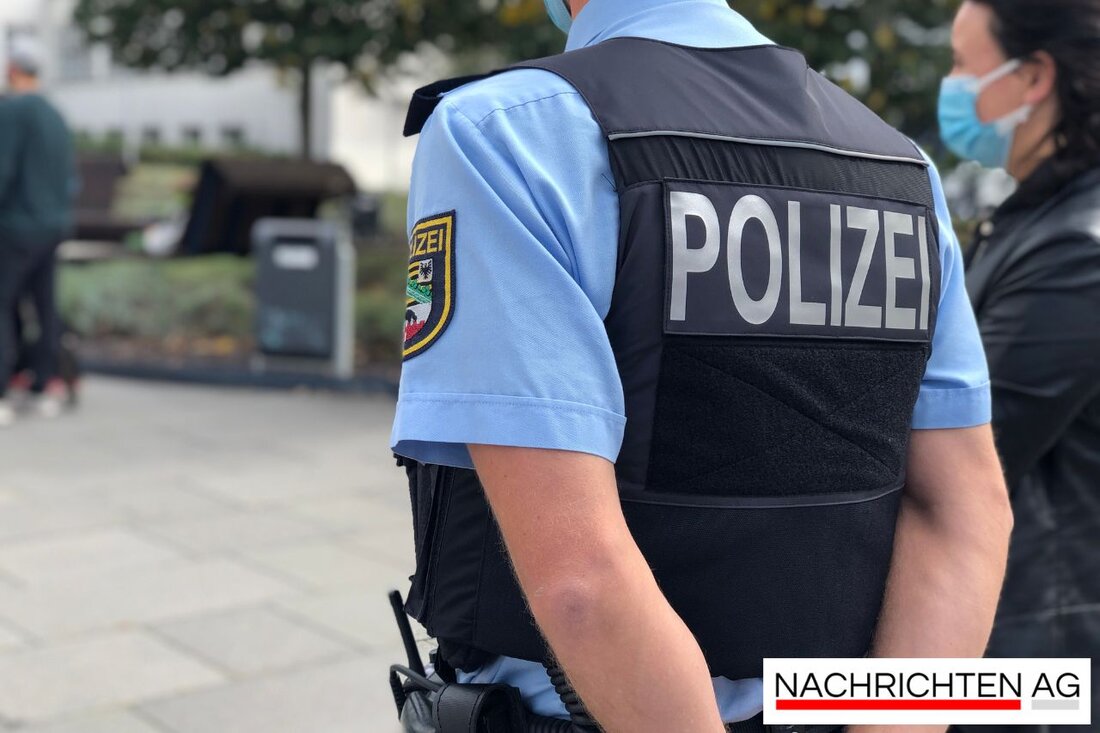Police presence in front of the former shrimp farm in Anklam – What is happening there?
On October 27th, 2025, a police operation took place in Anklam while training was being carried out in the former shrimp breeding hall.

Police presence in front of the former shrimp farm in Anklam – What is happening there?
On Monday, a police operation in the former Idena hall in the Anklam industrial area caused a stir. The hall was previously home to the Nordic Crown shrimp farm, which closed about a year ago. Northern Courier reported that several police cars were on site and the operation was clearly visible from Pasewalker Allee. The police used the opportunity for operational training in the hall, which apparently came as a surprise to the residents. Kimberly Schätz informed about this when asked by Nordkurier.
What does this have to do with shrimp? A lot! In Germany, a staggering amount of around 50,000 tonnes of shrimp is consumed every year, which corresponds to around 2.5 billion animals. In view of this, it is even more important to shed light on the conditions in shrimp farming. Loud Focus Animal rights activists describe frightening practices in breeding, such as cutting off the stem eyes of mother animals to increase fertility. This often happens in countries like India and Indonesia, where dramatic ice water stunning during slaughter is also practiced. Video recordings document the conditions that violate animal welfare, some of which are also the subject of debate in German supermarkets.
Anyone who thinks it's time for change is right. While seven of the ten largest supermarket chains in Great Britain have already banned the cutting of eye stalks, Aldi has also announced steps here. They commit to phasing out these practices by 2029 for white-footed shrimp and by 2031 for king prawns. Aldi recognizes electrical stunning, but does not announce a binding implementation date. The International Council for Animal Welfare calls for a switch to humane slaughter methods and reminds us that we also speak of proven sentience in shrimp.
Do you think that's all? Of course not! The current discussions about animal protection in aquaculture illustrate how important it is to improve the conditions for animals. Recommended practices include species-appropriate feeding, short transport times and avoiding stress caused by manual handling. Ultimately, the quality of the water should always be kept optimal in order to guarantee the well-being of the animals.
The question now arises in Anklam: What will become of the old shrimp farming and the methods practiced there? With the police operation, the hall has once again come into focus. Perhaps it is time to consider not only the safety but also the welfare of the animals before starting the next shrimp farm.

 Suche
Suche
 Mein Konto
Mein Konto